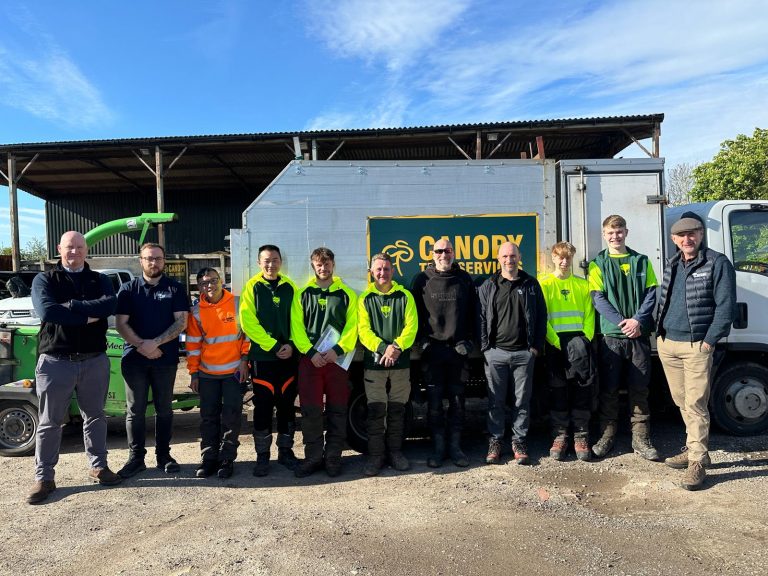Tree experts expand in UK with acquisition of East Mids firm
Deal not sealed for small business voters, as poll reveals over half could still be swayed in election
- Enshrining in law measures to clamp down on big businesses with poor payment practices towards their smaller suppliers.
- Improving small businesses’ ability to access finance, including closing loopholes in protections for those giving personal guarantees.
- Making a 33 per cent SME statutory public procurement target, increasing the involvement of small businesses in taxpayer-funded projects.
- Fundamentally reform business rates to help small businesses in all sectors.
- Rule out increases in tax on dividends for directors of limited companies and National Insurance for the self-employed.
- Restore the small profits threshold for corporation tax to the previous level of £250,000 and pledge not to increase the small profits rate.
- Automatically increase the employment allowance with the National Living Wage.
- Maintain current co-investment rules to back small business apprenticeships.
- Reintroduce universal work experience into secondary schools.
- Increase the number of start-up loans offered by 5,000.
- Create a new ‘new enterprise allowance’ for those out of work looking to start a business.
- Make it easier for people working for themselves to get a mortgage and save for their retirement.
- Introduce a new Small Housebuilder Strategy, to ensure sufficient capacity to achieve ambitious housebuilding targets.
- Commit to a target that at least half of all direct Government funding of private Research and Development (R&D) goes to SMEs.
- Provide consumer-style protections for smaller businesses when it comes to the energy market.
The Access Group acquires global hotel tech specialist
The best ways to boost morale and teamwork in your business
Experienced farming consultant and graduate join property consultancy’s Market Harborough team
Chesterfield building to undergo extensive refurbishment following acquisition
Aggregate Industries acquires construction materials supplier
£450m deal sees West Burton power plant sold
Nottingham food factory works with M&S to fight food insecurity
A food factory in Nottingham owned by manufacturer 2 Sisters Food Group is taking part in the second phase of a ground-breaking partnership with customer M&S and FareShare, the food charity, with a further 1.5m meal servings donated to those in need.
It’s one of three 2 Sisters’ factories across the UK which will be involved in producing vegetable curry, carrot & coriander soup and pizza meals using surplus ingredients which might otherwise go to waste, such as fresh vegetables.
The meals are nutritionally balanced to serve between two and four people and all meals will be freshly prepared with a guarantee of four days life from the day of donation. The meals are made at company factories in South Wales (RF Brookes), Nottingham (Pizza Factory) and Grimsby (Recipe Dish).
According to the latest Food Foundation tracker, 15% of UK households – equivalent to approximately eight million adults and three million children – have experienced food insecurity in 2024, as the cost-of-living crisis continues to hit the pockets of low-income families. It is estimated this figure has doubled in the last three years. Ranjit Singh Boparan, founder and President of 2 Sisters Food Group, said: “We continue to do the right thing by partnering with our customer M&S and creating these nutritious meal servings to help those that need it most. This second phase utilises surplus ingredients and what a better way to bring some good from this by creating quality food that have the M&S seal of approval. Helping to feed everyone in need with a nutritious meal is central to how we now think at our business and I am delighted to be leading on this with our partners.”











